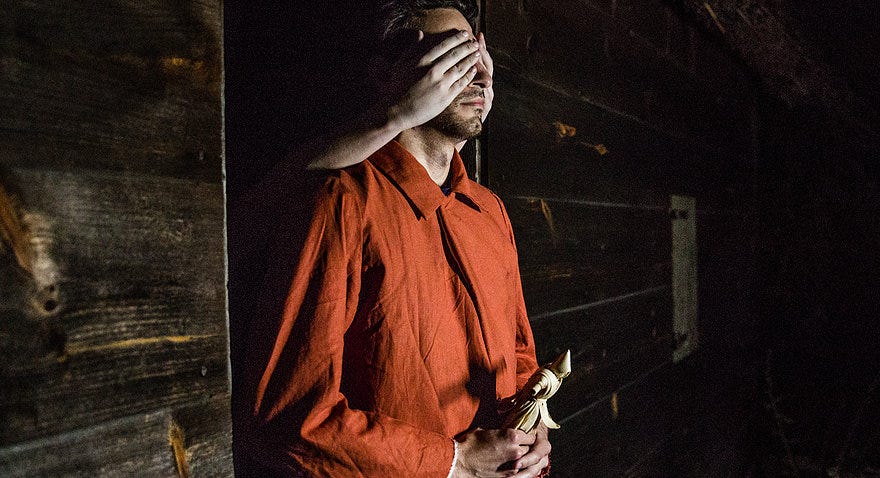
Over the next few weeks, the historic Salem Witch House in Massachusetts will play host to Director Carly Dwyer and Co-creator Margot Tate’s deeply interactive take on the Salem Witch Hunts, as they look to raise the bar on how the audience influences the story.
We spoke with the cofounders of Intramersive over e-mail about their inaugural production, Daemonologie, audience participation, and the blurry lines around what defines immersive theatre.
No Proscenium: For those not yet familiar with Intramersive, please give us a brief introduction to your company and the driving idea behind it.
INTRAMERSIVE: We are both classically trained actors and recreational live action role-playing (LARP) gamers and have spent many years in the Boston theatre community. We met doing theatre (Carly was directing, Margot was performing) nearly 10 years ago. The LARP community, combined with our theatre connections, lead us to the immersive scene and we worked behind the scenes on a lot of immersive shows in the area before striking out on our own. People started asking, “why don’t you two start your own company?” and Intramersive was born. When we first began Intramersive, we had a hard time defining what we were, and beyond that, explaining to others what we were doing. How do you explain something that doesn’t quite fit into one box?
We produce events that have the production value we are accustomed to in main stage theatre, but where the audience can actively participate. We have found that there is a bit of a disconnect between ‘interactive’ and ‘immersive’ that is hard to explain. Dinner theatre is ‘interactive,’ but the audience is not really part of the show. Game rooms are ‘immersive’ in the sense you can actually engage with the space, but not necessarily ‘interactive’ in a way that you can talk to non-player characters and change the storyline. That’s where our LARP background comes in. We want our audiences to know they can impact the world we have created. We don’t use dice or puzzles to move our stories along; interacting with our characters is the puzzle.
“Intramersive” is a word we made up to describe this in-between of ‘interactive’ and ‘immersive.’ “Intra” at its Latin root literally means “inside of,” as opposed to “Inter” which means “among”. We want audiences to know they are not just observing the story — they are a part of it.
NP: What drew you two to the infamous and historical setting of Salem?
IM: We both live in Salem and growing up around here the history is very close. We both worked in the tourist industry over the years, and while we love the fascination and the opportunity to teach people about our city’s history, we have often noticed that people tend to look down on the Puritans of 1692. We see people judge the Puritans with the clarity of hindsight and think they themselves wouldn’t get swept up in hysteria. Many of the museums and tours here talk about how witch hunts are not a thing of the past, but are still something we need to keep ourselves aware of today. But we wanted to see if we could create an in body cognition of what it was like for the Puritans. We thought, if we created Daemonologie to recreate the context of fear the Puritans lived in, create a real danger that must be dealt with, we can give our audiences a personal perspective of what it means to accuse someone in a heated and confusing environment. We want to use it as a way of asking the audience if they really are so distant from our ancestors of 1692.
NP: What do you consider to be the biggest barrier to audience participation?
IM: I think audiences are often afraid to participate because they don’t want to be wrong, particularly when it comes to period pieces. When the show is both immersive and interactive like ours, we are taking the audience away from what they know, and asking them to socialize with people who appear to be very different from them, living in a different world with different rules. We realize for many people this is the manifestation of much of their anxiety, but we want them to know our characters are there for them, to support them and not to judge or criticize them. We’ve heard some of our test audience say they don’t know how to respond to our actors asking them what their trade is, and we want them to know you don’t have to say a period trade, you can say software engineer, they are ready to roll with that.
We have found that audiences are well trained for escape rooms and are very excited to find clues and props, but are more hesitant to pick up clues or storylines from actors. We want to train audiences to be as comfortable talking to an actor as they are searching an escape room for a clue when left alone.
NP: Daemonologie seems to have roots in all the realms of immersive theatre culture; how much — if any — come from a tradition of Live Action Role Play (LARP)?
IM: We are both campaign LARPers and we are working towards creating events that lower the threshold of entry for people who are LARP-curious but may not be ready or able to commit to a full weekend with a rulebook and costumes. Our actors are very ready to interact with our audience in the way non-player characters interact with player characters in LARP, but given the shorter time frame of our piece, we rely a bit more on the theatrical conventions of storytelling, by having various pre-written outcomes. We hope we can build an audience that will become more comfortable with the idea of interacting with actors as a way to unlock the story, to create more events that allow us to run more of an evolving storyline.
NP: What do you see to be the biggest challenge for the future of immersive theatre?
IM: We think immersive theatre needs to lock down its identity. This was actually a conversation we’ve had with our marketing team. Audiences read the word ‘immersive’ and that can be used to describe anything from Sleep No More to Whisperlodge to RED to The Great Comet to Waiting Rooms. All of these events are under the ‘immersive’ umbrella, and appeal to a variety of audiences. But they are not quite the same thing, which is what’s so exciting to us, but also so difficult. Immersive doesn’t and shouldn’t just mean the audience is standing instead of seated in a theatre. It’s deeper than that, and how can we describe the difference between a game room, a guided tour, a LARP, and dinner theatre? Hopefully as immersive theatre becomes more mainstream there will be different genres under the umbrella and words to describe each one.
NP: If you had a chance to adapt any film, TV show, or book into an immersive production, which would it be, and why?
Margot: I’d really like to do an immersive American Gods by Neil Gaiman or perhaps an immersive Lost Girl (a tv series on Syfy). I’m very into stories involving the fey and mythical creatures or deities. I like the idea of modern magical cities, where the magic is right under your nose. On another note, I’d also really like to do a several day survival event, like Gilligan’s Island meets The Hunger Games meets LOST. Let that one sink in for a second…wouldn’t that be awesome? If you know of an island available, let me know!
Carly: We got to adapt The Night Circus by Erin Morgenstern earlier this year, which was a dream come true, as the world is so translatable and is begging to be alive. I like doing period pieces and unhappy endings. I would be really interested in doing an immersive Caprica (the spinoff of Battlestar Galactica) playing with the possibilities of LARP integrated with VR. Hopefully we will get to a point where we could do that world justice! Also Princess Bride and Firefly, because: nerd goals.
Daemonologie runs 3 times a night (7pm, 8:30pm and 10pm) September 29, October 6, 13, 20 and 27 at the historic Pioneer Village, located at Forest River Park, Salem, MA 01970. Ample, free onsite parking. Tickets average $46.25 and can be purchased online.
No Proscenium is a labor of love made possible by our generous Patreon backers: join them today!
In addition to the No Proscenium web site, our podcast, and our newsletters, you can find NoPro on Twitter, Facebook, YouTube, and Instagram and in our online community Everything Immersive.


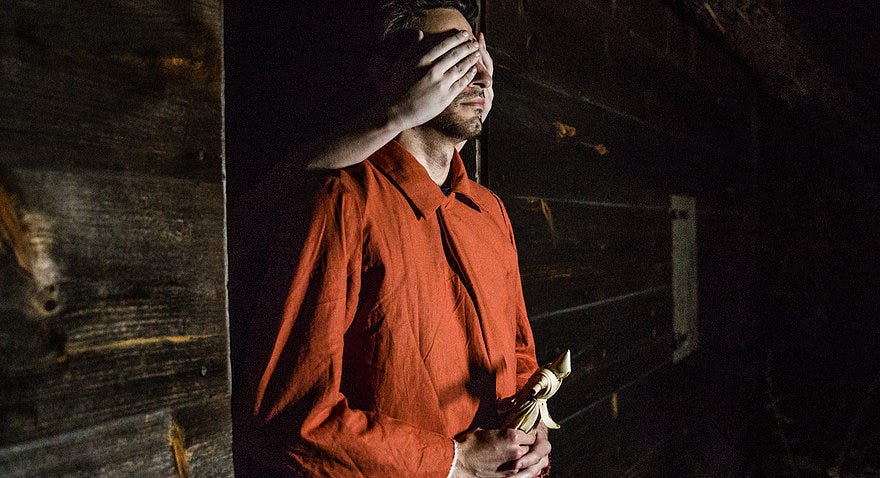
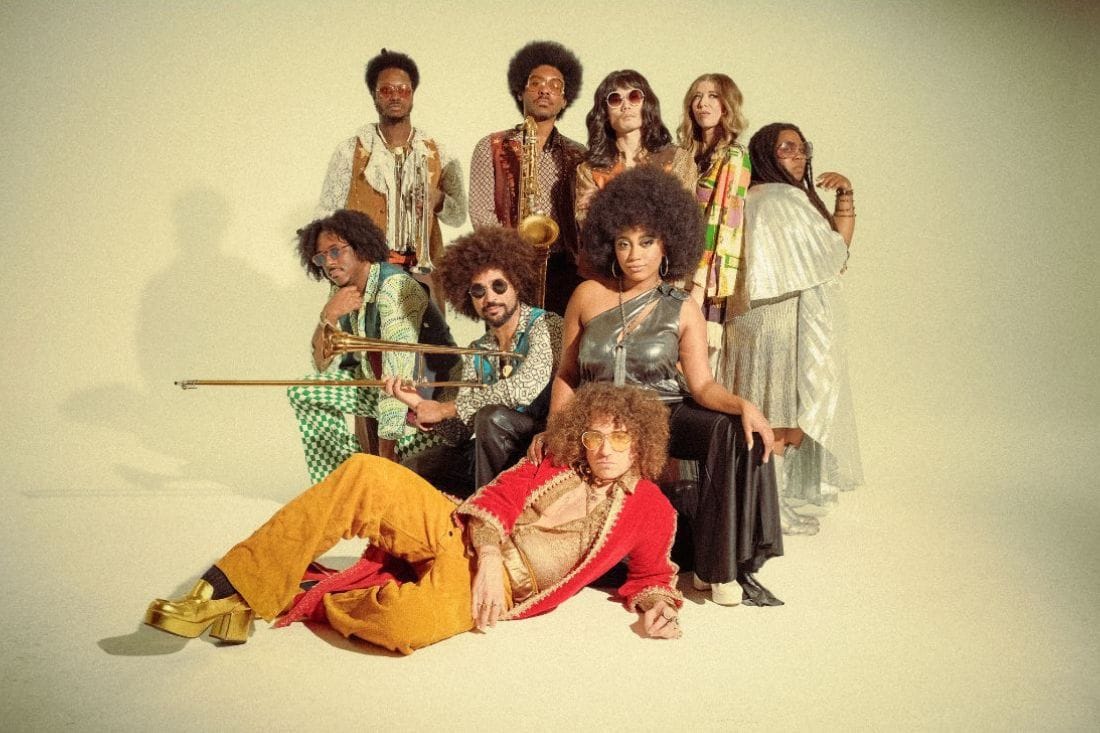

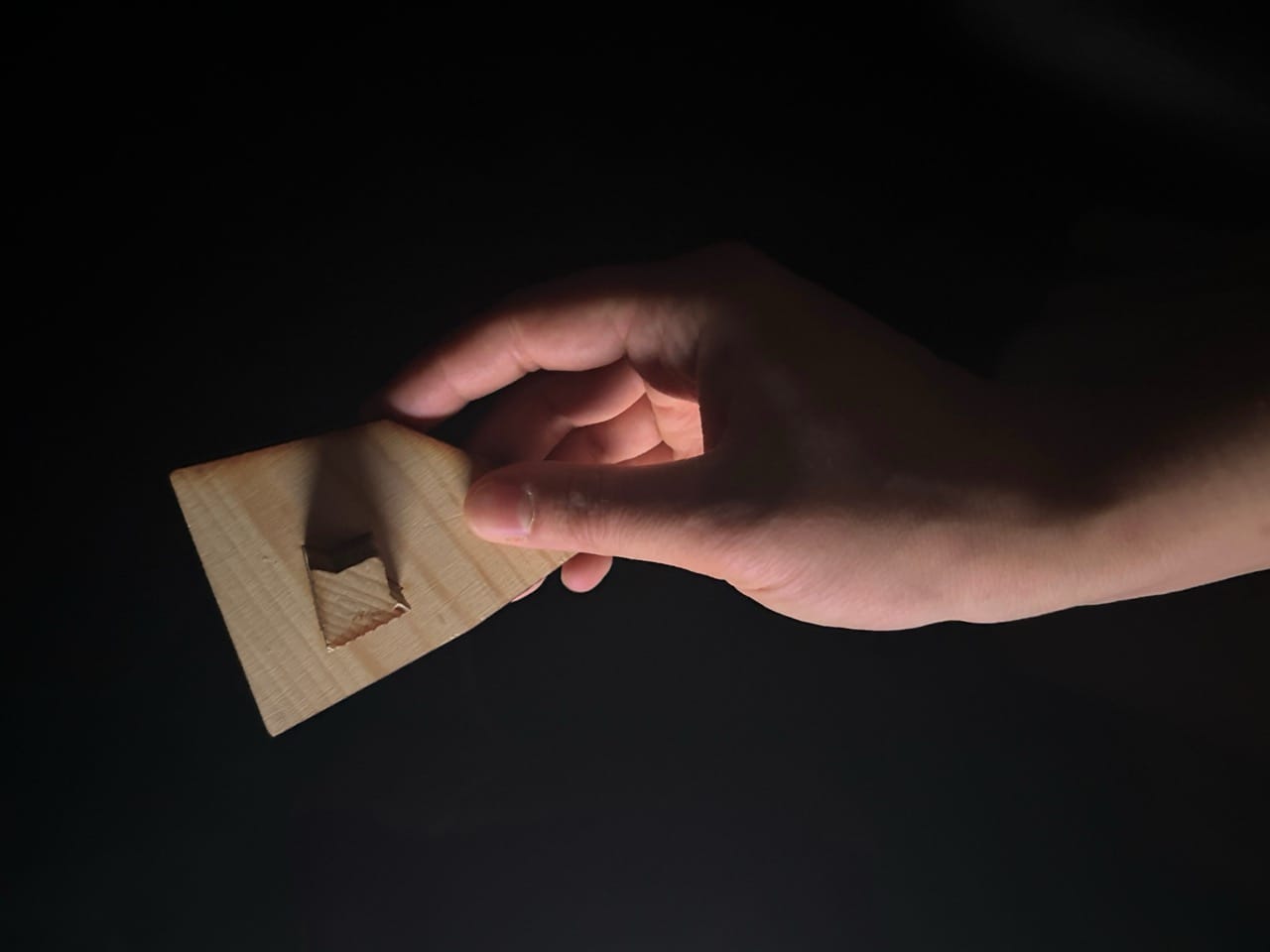






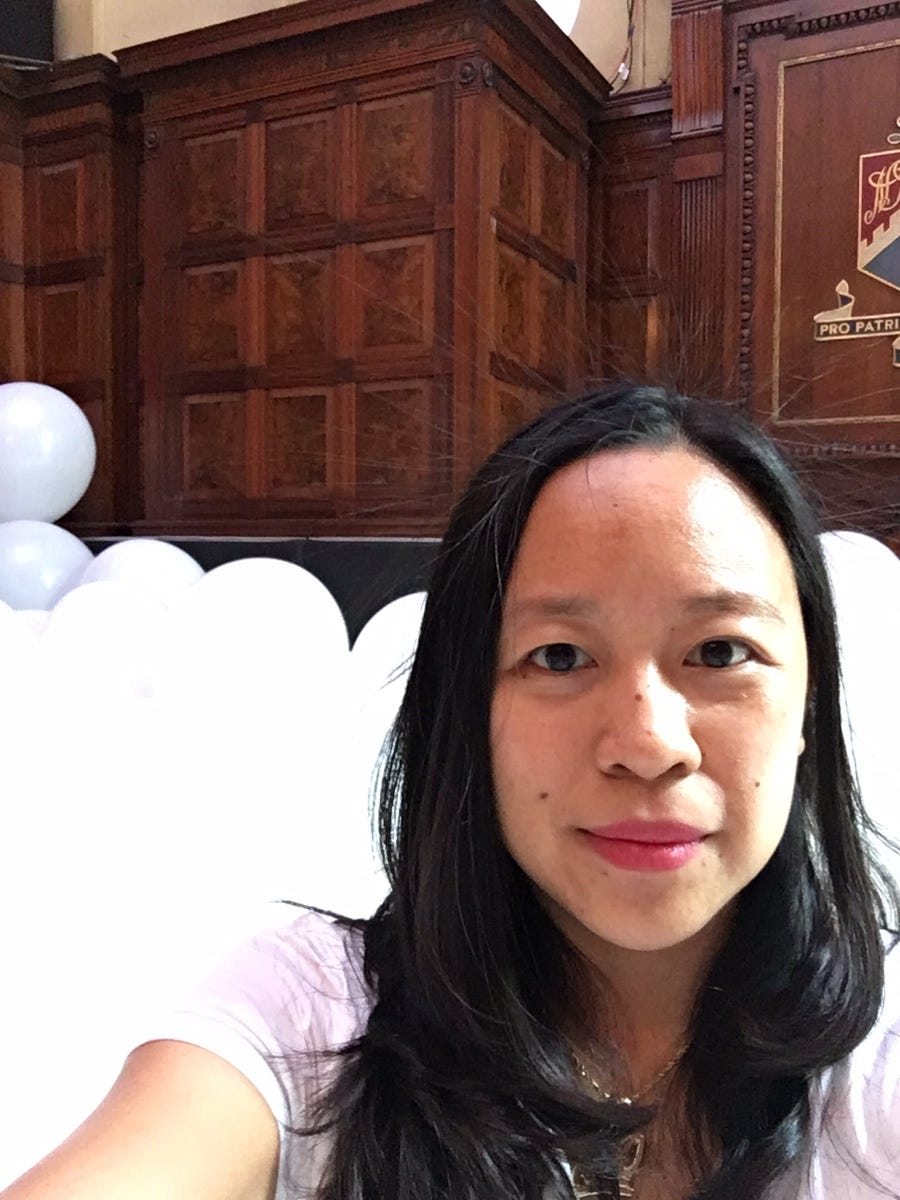
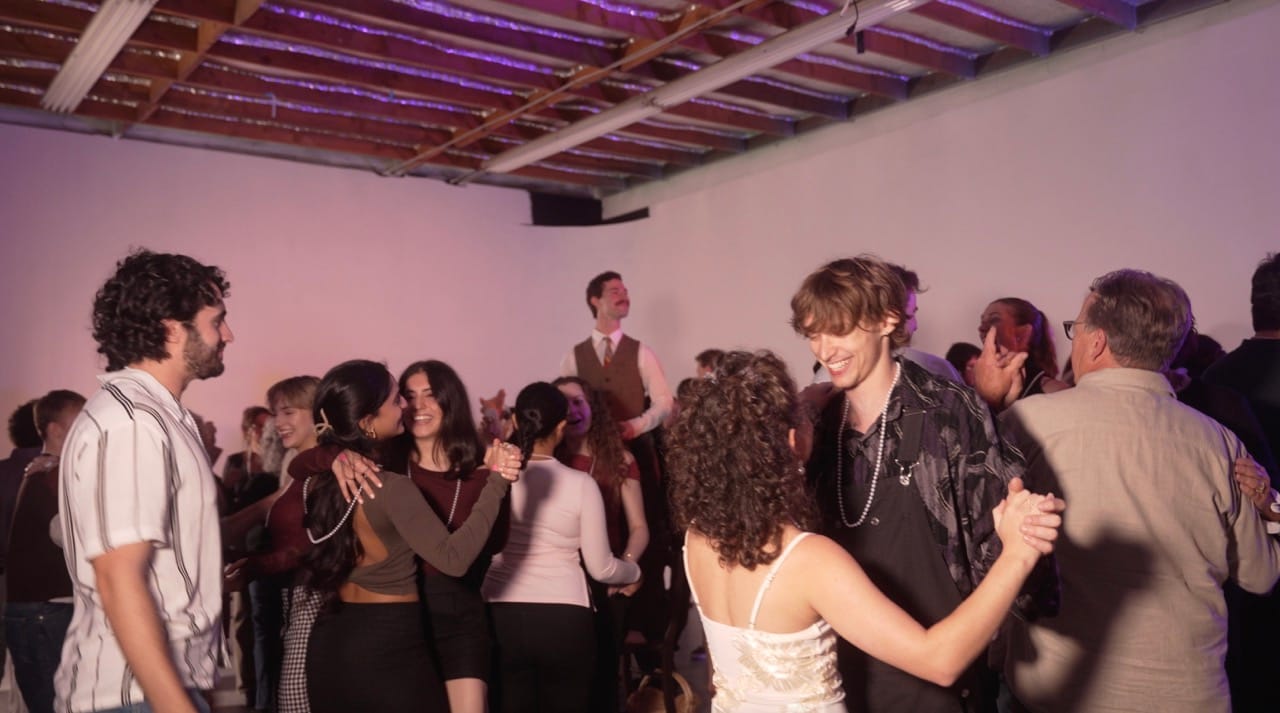
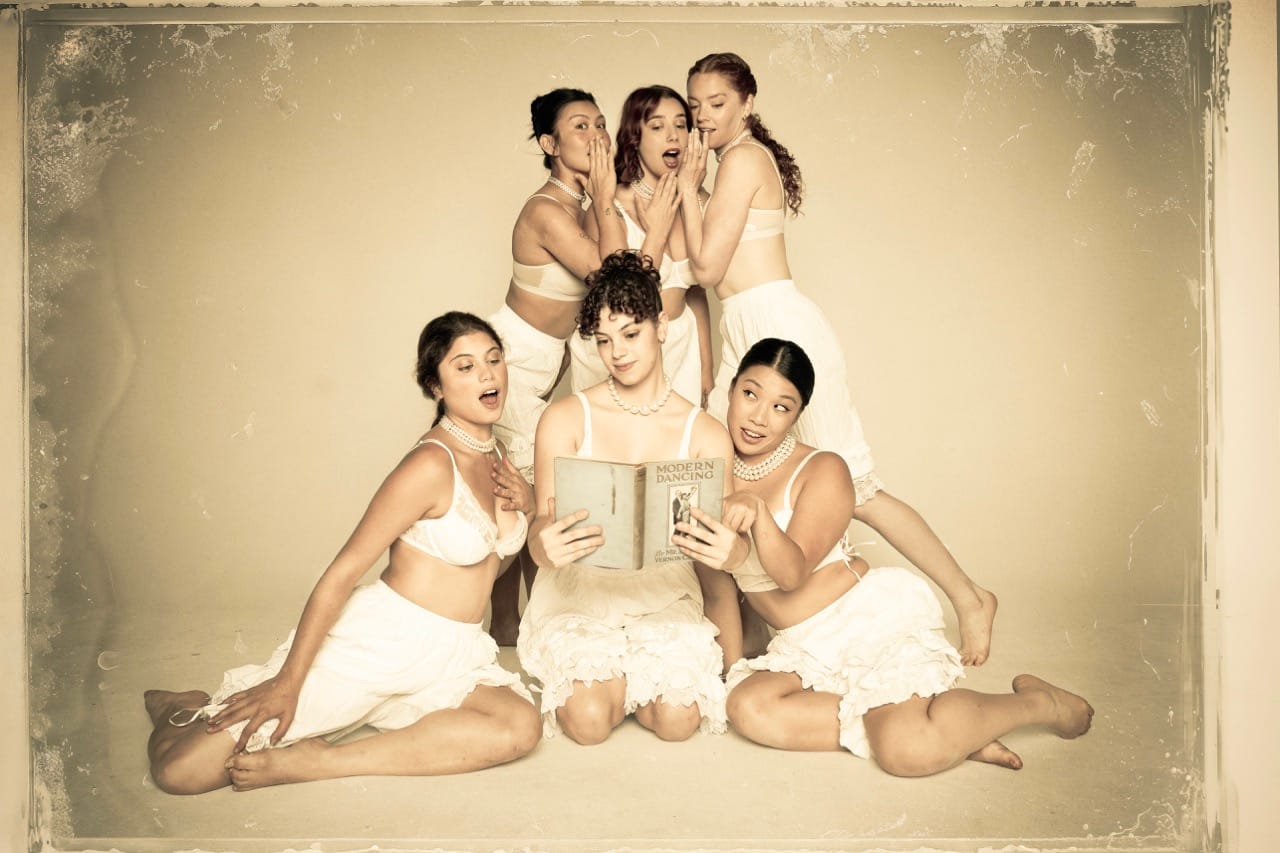
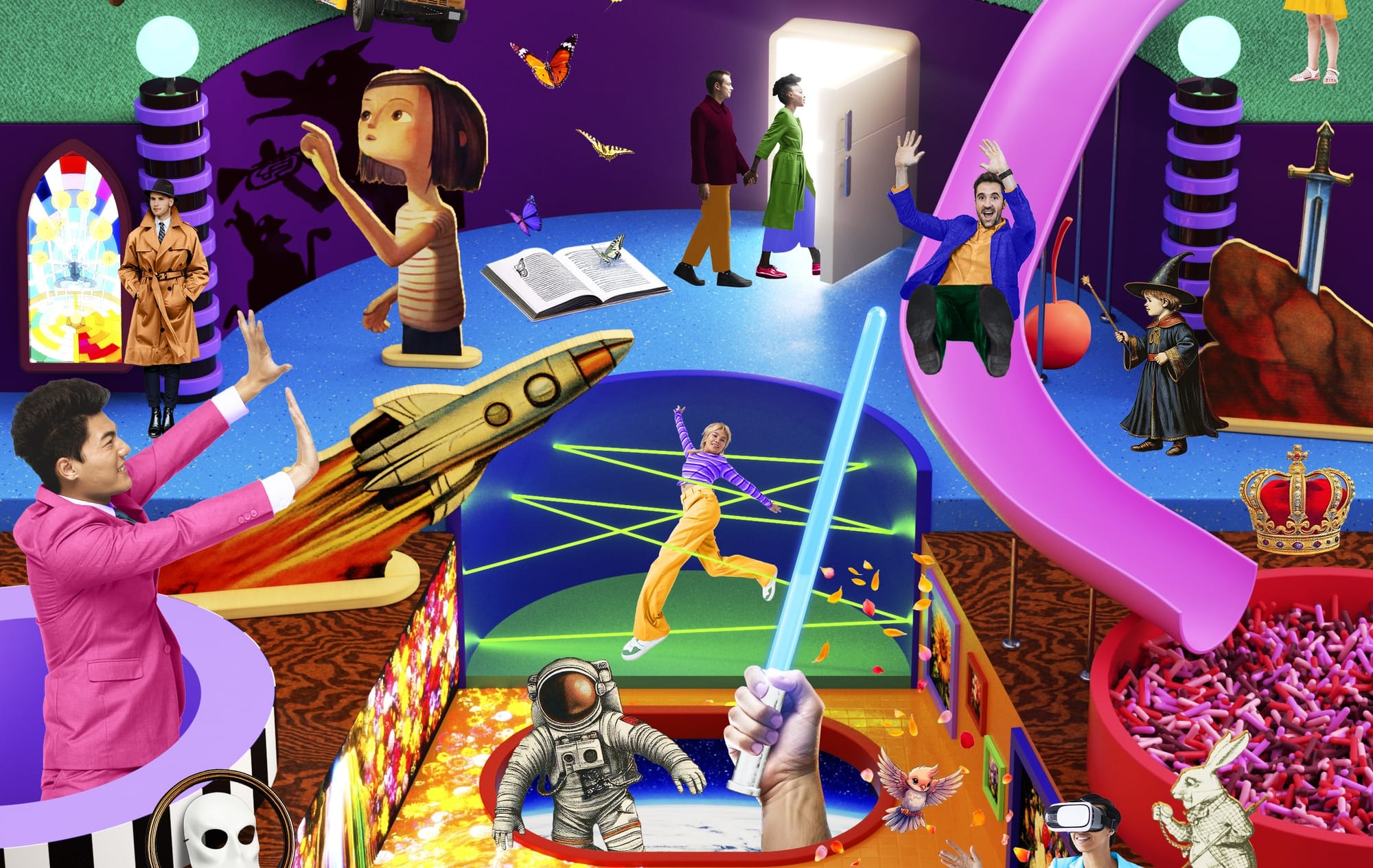
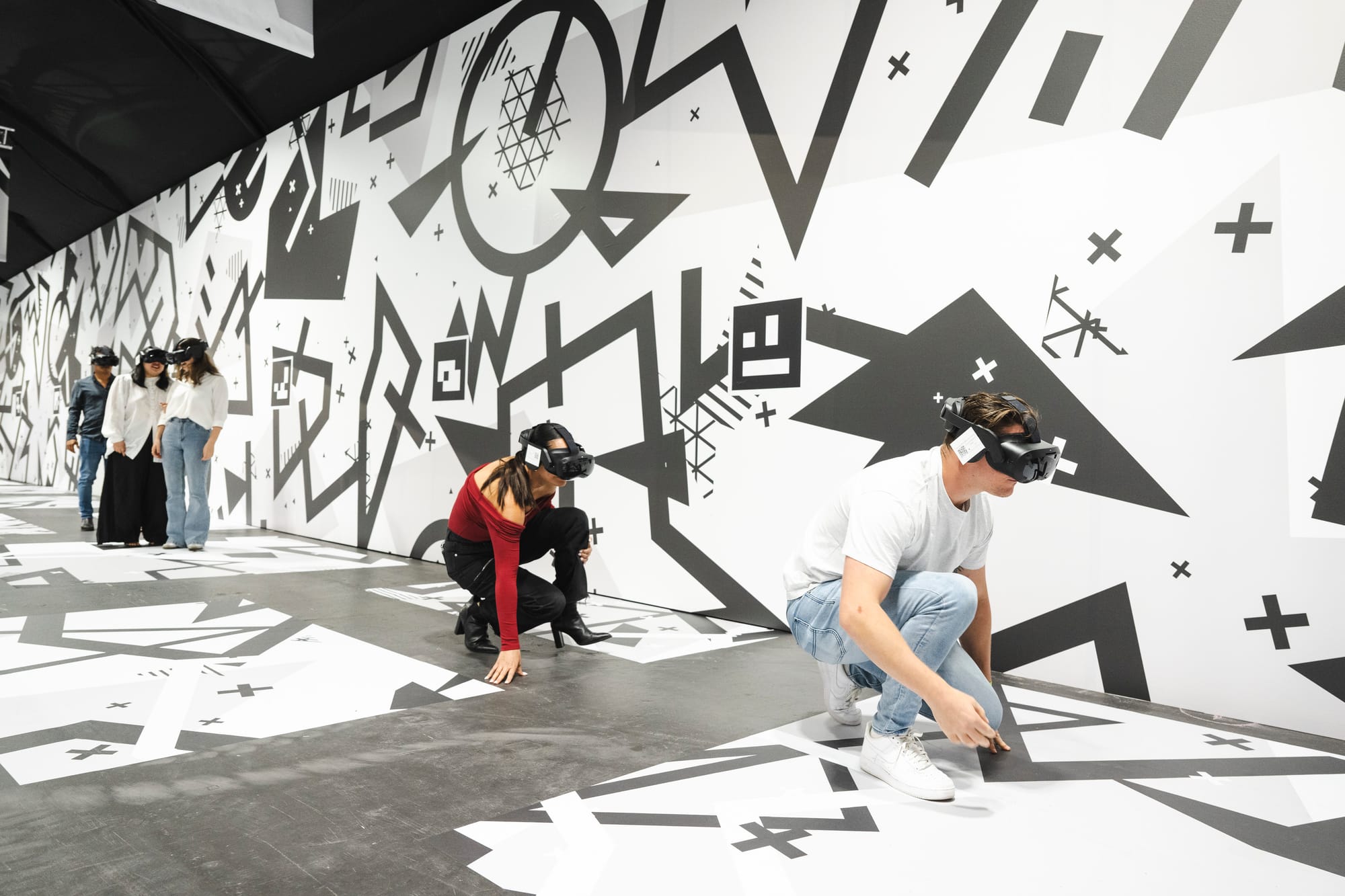
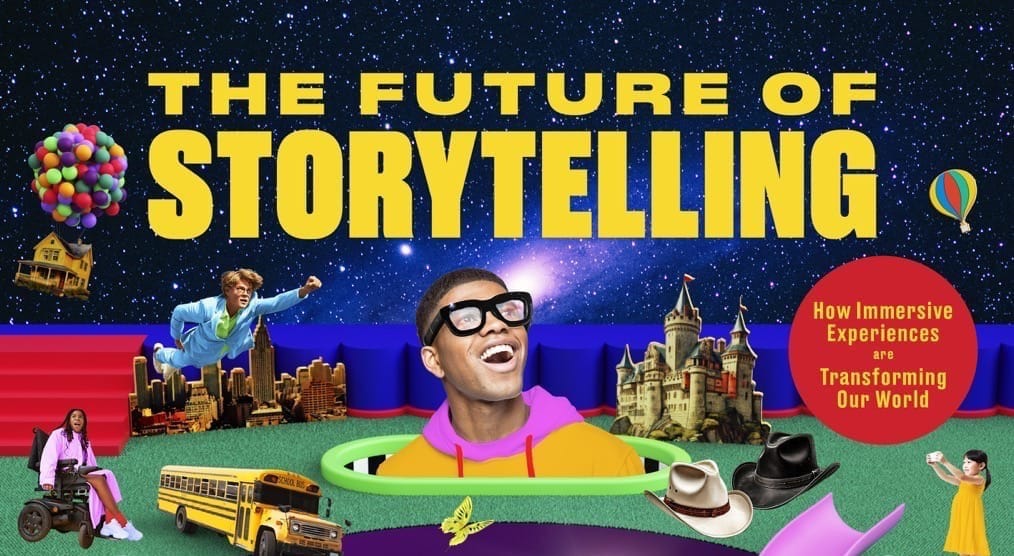

Discussion